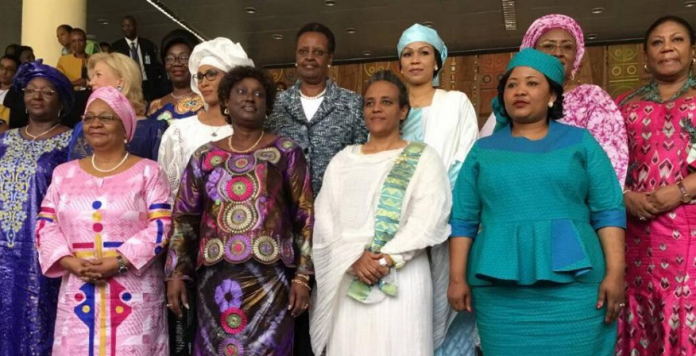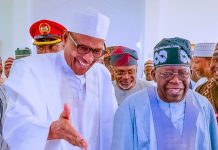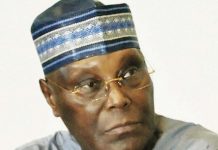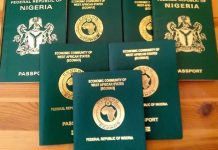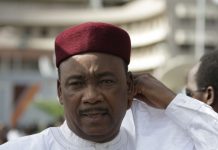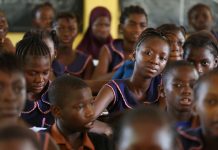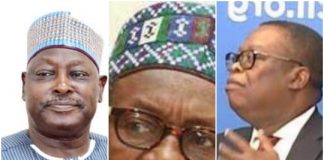African First Ladies and other female activists have hailed the progress that some governments on the continent are making on gender equality. The ladies met on the sidelines of the United Nations General Assembly in New York. As the First Lady of Namibia, Monica Geingos, explained, “We used to have 23 percent female representation in Namibian parliament but, with the stroke of a pen it went up to 48 percent. So, we managed to double our female representation with that decision”. The event was co-hosted by the Global First Ladies Alliance (GFLA) and Facebook.
Mrs. Geingos, however, said that government help is still needed in providing better access to capital for female entrepreneurs and prioritizing government procurement from female-owned or represented businesses. “We should make it wrong to procure from businesses that are all male. Because, they’re not inclusive of our societies,” she declared.
South Africa’s first lady, Tobeka Zuma agreed with her and underscored the importance of providing equitable access to education for girls. “They then become economically empowered. And, when they’re economically empowered that will guarantee their success in future that they will not be dependent on men,” Mrs. Zuma said.
The Elman Peace and Human Rights Center for Somalia has been working for decades to break down stereotypes in gender roles by teaching young women to become electricians, mechanics, and learn to repair mobile phones. In the words of Somali peace activist, Ilwad Elman, who was a refugee in Kenya as a child before her family moved to Canada, “Women in my country are often viewed as victims of war, spoils of war. At the very best, beneficiaries receiving the impact of these various resolutions, declarations, and treaties that are meant to build peace without being engaged in creating peace in the country. And, that’s incredibly diminutive of their ability and their capacity.”
Somalia has a new government in place this year considered to be the peoples’ choice, Elman said. “It’s not a perfect system. However, it did yield a huge spike in representation of women parliamentarians, women that are in ministerial roles. And, that is how real change happens,” she said.
As Mrs. Geingos believes, first ladies have an important responsibility because of their proximity to power and influence. She said. “To me, the role of a first lady, and any powerful woman for that matter, in helping the generation beneath us to come up, is not to stand in the way, it’s not to compete, it’s to facilitate, it’s to provide a bridge.”
But the Namibian first lady said their role should not be to underscore their successes as female leaders but to show young African women the challenges they will face and the importance of learning from their failures. “I think we have a responsibility to sit on panels like this and talk about what we have failed at,” she said.
Despite the improvements in representation of women parliamentarians in Africa, Mrs. Geingos noted that the continent currently has only one female president, Liberia’s Ellen Johnson- Sirleaf, who is about to leave office.






